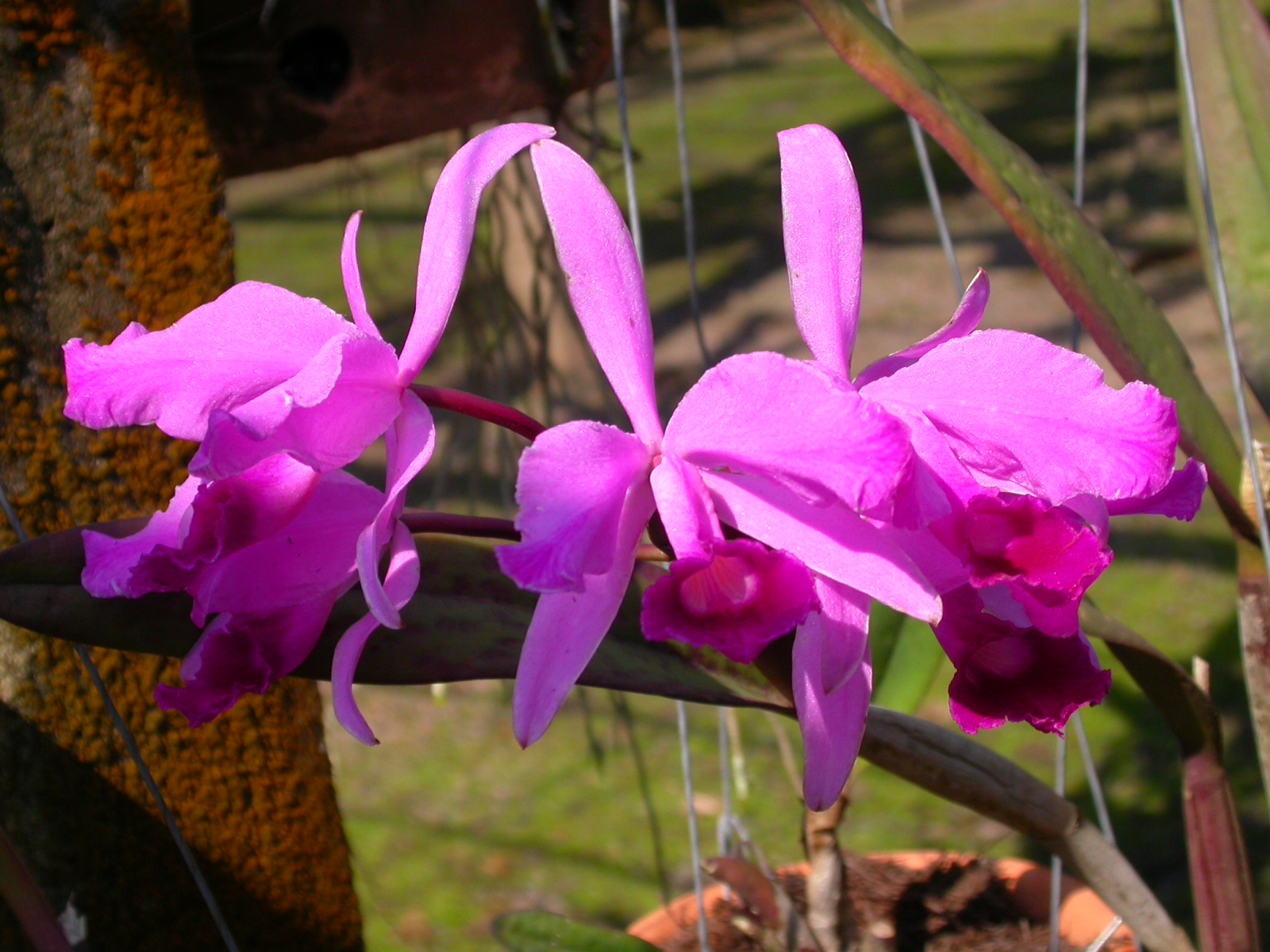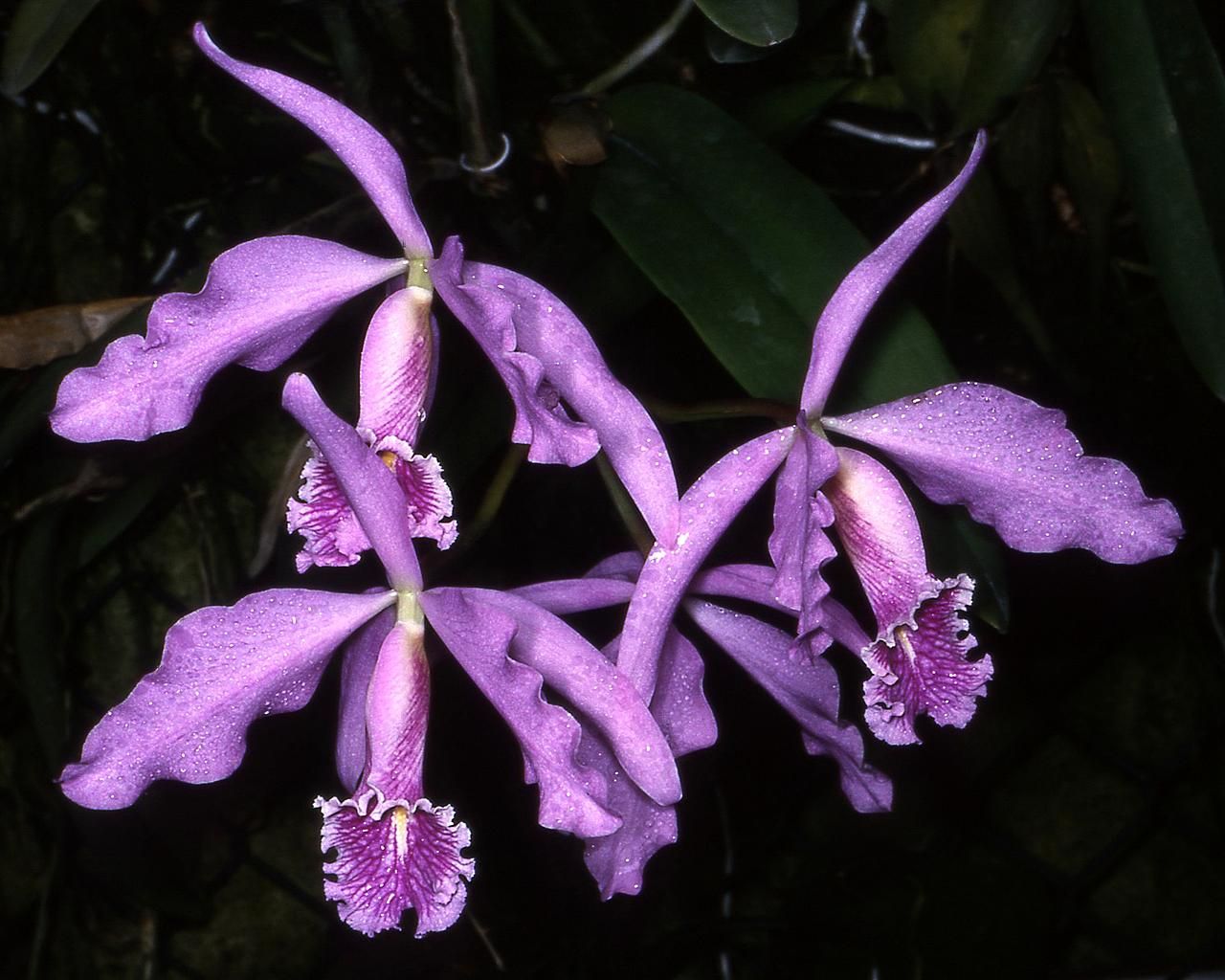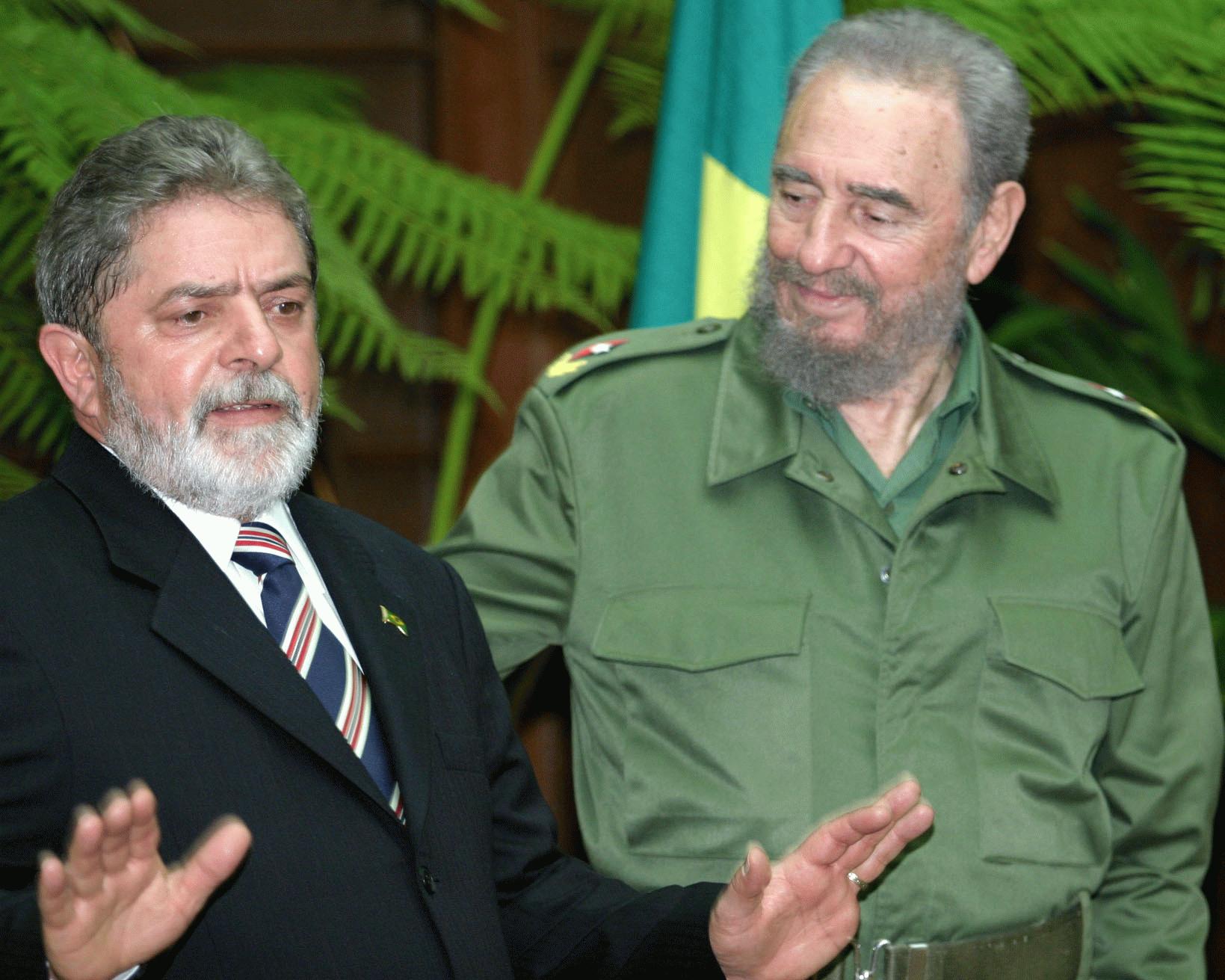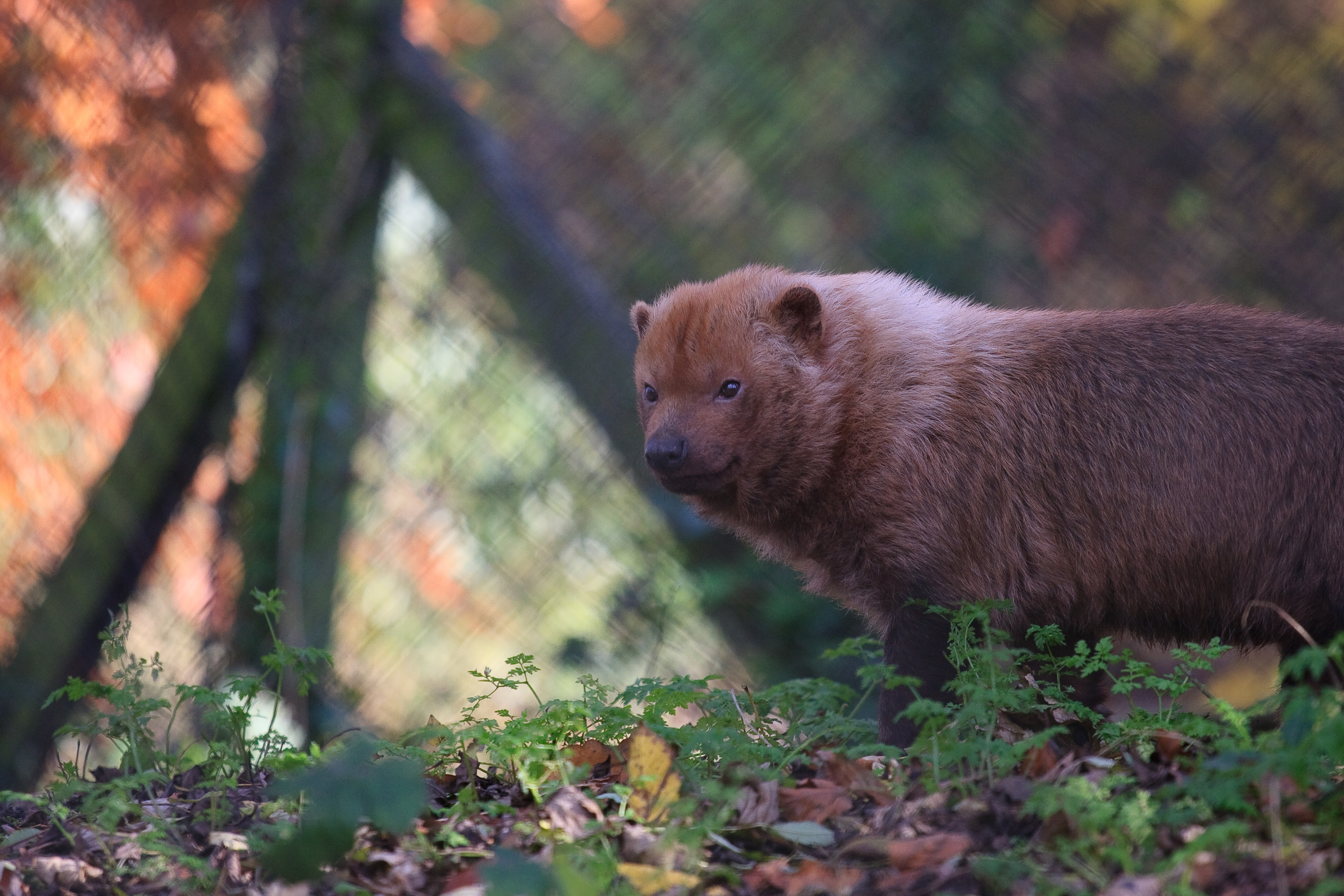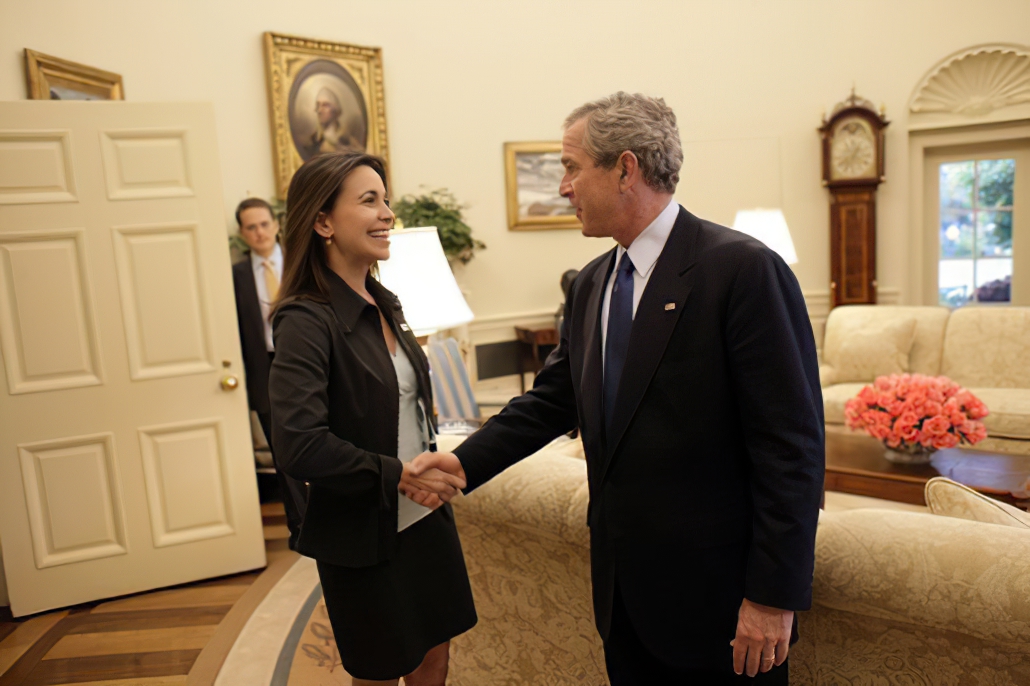
Blogger Quico wrote again an interesting post about one of Venezuela's key events of the late XX century, something that is still influencing a lot of people: the Caracazo, a wave of massive riots and looting that shook the whole nation on 27 February 1989, a wave of violence that lead to the killing of many people, mostly by security forces. The Chavista government says there were between 300 and 5000 dead. This is rather curious: we know more about the amount of casualties in the Battle of Marathon over 2400 years ago than about those in the Caracazo, even if the latter event took place in a very central area of Venezuela. There were lots of journalists there and most Venezuelans do have families. Still, people say there were between 300 and 5000 dead. What were the forces at play there? And what really happened?
As Quico said, the measures announced by the government of Pérez were about to be implemented, but they hadn't been put into effect yet. Now, Quico writes:
The whole story-line of 27-F as revolt-against-neoliberalism is ahistorical and silly. Unless you credit the population with preternatural powers of foresight and posit that they were somehow rioting pre-emptively, in protest against what they calculated would be the futureproblems consequences of policies announced but not-yet enacted, you have to agree that the 27-F riots were the result of mass discontent caused by the that CAP's reform package was seeking to solve, not by the solutions CAP had proposed for dealing with them.
I think there was more to it. I already mentioned some of my points in his blog, but here I try to present them more clearly.
1) Venezuela's population had voted for Carlos Andrés Pérez in 1988 thinking he would give them the same kind of prosperity Venezuela had during the oil boom of the seventies, when he was president for the first time.
2) Instead of that, Carlos Andrés Pérez announced austerity measures. The government was brok: oil prices, the A and O of Venezuela, were low, the government had mismanaged resources for decades and people in Venezuela had no idea about what they have to produce to get the items they were getting. Still, the government did not have any idea about how to communicate things and on top of that, the measures still allowed some very rich groups to profit. Take that and the growing misery in Venezuela and it was clear that things could explode rather easily.
Now, the explosion was in my opinion far less spontaneous than many think. Why?
The Extreme Left had been in retreat for many years already, but it kept promoting its ideas. They had fertile ground and some means.
FERTILE GROUND
The parties in power from 1958 onwards, AD and COPEI, kept plundering the country and were more often than not carrying out policies that were pernitious for the sustainable development (never mind it is way worse nowadays). Living standards had kept rising until the beginning of the eighties, but things could not keep improving: there were more people for less petrodollars. It did not help that particularly the areas outside the main hubs (Caracas-Maracaibo-Valencia or CMV-hub) education and job opportunities were miserable, more so than in the hubs. It did not help that most Venezuelans still thought and think Venezuela is rich because of its oil, although it cannot produce anything more. It did not help the police forces often used repressive methods to counterattack the leftist movements, methods that had very fatal consequences for others not involved ("collateral damage"). Most Venezuelans did not notice the repression against the extreme left, but a lot of leftists did and they, for the most part, kept their agenda. They would try to infiltrate where they could.
The vast majority of the people who looted in 1989 did not have any lefty ideals. They were moved because of desperation, but also because there was something to loot, because others were doing it (see comments by Moraimaq, a former slum dweller).
INFILTRATING, SUBVERTION
The extreme left got support from Cuba and above all the Soviet Unions for many years. Some of the Venezuelan students and teachers who went to the Soviet Union in the seventies and eighties actually got training by the KGB in such things as "propaganda work" and "subvertion". I wrote about this in Spanish here (I translated a document from the KGB that was made public by dissident Bukowsky). In that post you can read about a course given to Lenin José Moreno Faría, nephew of the head of the Pcv back in 1980. Moreno was a university teacher in Venezuela. I am sure there were many more and not just belonging to the Pcv.
By 1988-1989 the Soviet Union was already too busy with itself, but these were quite some people in Venezuela with the training and ideological basis to carry out subvertive activities.
INFILTRATING THE MILITARY
Douglas Bravo (see mindmap below) and others had a plan to infiltrate the military and that is how they got Chávez. The potion goes like this: put some "Bolivarian" pseudo-history with some half-truths (not difficult when so few Venezuelans have any knowledge of history), add some stories about the very real social injustice in Venezuela, US and European interventions, add the desire of many Venezuelans to become a second Bolívar, use some resentment and lack of opportunities for real work and you have a wee revolutionary. That is how they got Henri Falcón as well. Chávez and Falcón may have not passed page 1 of Das Kapital and their ideas are rather fuzzy, but they got "in the mood" and a general ideology.
INFILTRATING SLUMS AND TOWNS
The extreme left also had a series of networks for infiltrating slums and universities throughout the seventies to nineties. They were not only in CMV, but also in most secondary cities, from Charallave to El Tigre, from Cumaná to Maturín and San Cristobal.
Those networks included:
I think there was more to it. I already mentioned some of my points in his blog, but here I try to present them more clearly.
1) Venezuela's population had voted for Carlos Andrés Pérez in 1988 thinking he would give them the same kind of prosperity Venezuela had during the oil boom of the seventies, when he was president for the first time.
2) Instead of that, Carlos Andrés Pérez announced austerity measures. The government was brok: oil prices, the A and O of Venezuela, were low, the government had mismanaged resources for decades and people in Venezuela had no idea about what they have to produce to get the items they were getting. Still, the government did not have any idea about how to communicate things and on top of that, the measures still allowed some very rich groups to profit. Take that and the growing misery in Venezuela and it was clear that things could explode rather easily.
Now, the explosion was in my opinion far less spontaneous than many think. Why?
The Extreme Left had been in retreat for many years already, but it kept promoting its ideas. They had fertile ground and some means.
FERTILE GROUND
The parties in power from 1958 onwards, AD and COPEI, kept plundering the country and were more often than not carrying out policies that were pernitious for the sustainable development (never mind it is way worse nowadays). Living standards had kept rising until the beginning of the eighties, but things could not keep improving: there were more people for less petrodollars. It did not help that particularly the areas outside the main hubs (Caracas-Maracaibo-Valencia or CMV-hub) education and job opportunities were miserable, more so than in the hubs. It did not help that most Venezuelans still thought and think Venezuela is rich because of its oil, although it cannot produce anything more. It did not help the police forces often used repressive methods to counterattack the leftist movements, methods that had very fatal consequences for others not involved ("collateral damage"). Most Venezuelans did not notice the repression against the extreme left, but a lot of leftists did and they, for the most part, kept their agenda. They would try to infiltrate where they could.
The vast majority of the people who looted in 1989 did not have any lefty ideals. They were moved because of desperation, but also because there was something to loot, because others were doing it (see comments by Moraimaq, a former slum dweller).
INFILTRATING, SUBVERTION
The extreme left got support from Cuba and above all the Soviet Unions for many years. Some of the Venezuelan students and teachers who went to the Soviet Union in the seventies and eighties actually got training by the KGB in such things as "propaganda work" and "subvertion". I wrote about this in Spanish here (I translated a document from the KGB that was made public by dissident Bukowsky). In that post you can read about a course given to Lenin José Moreno Faría, nephew of the head of the Pcv back in 1980. Moreno was a university teacher in Venezuela. I am sure there were many more and not just belonging to the Pcv.
By 1988-1989 the Soviet Union was already too busy with itself, but these were quite some people in Venezuela with the training and ideological basis to carry out subvertive activities.
INFILTRATING THE MILITARY
Douglas Bravo (see mindmap below) and others had a plan to infiltrate the military and that is how they got Chávez. The potion goes like this: put some "Bolivarian" pseudo-history with some half-truths (not difficult when so few Venezuelans have any knowledge of history), add some stories about the very real social injustice in Venezuela, US and European interventions, add the desire of many Venezuelans to become a second Bolívar, use some resentment and lack of opportunities for real work and you have a wee revolutionary. That is how they got Henri Falcón as well. Chávez and Falcón may have not passed page 1 of Das Kapital and their ideas are rather fuzzy, but they got "in the mood" and a general ideology.
INFILTRATING SLUMS AND TOWNS
The extreme left also had a series of networks for infiltrating slums and universities throughout the seventies to nineties. They were not only in CMV, but also in most secondary cities, from Charallave to El Tigre, from Cumaná to Maturín and San Cristobal.
Those networks included:
- social aid in slums
- "libraries" (mostly propaganda): this cannot be underestimated in a country where there are so few public libraries and these are mostly in a couple of centres
- sports
- ideology courses (reading some Marx, Lenin or just introduction to Marxism, etc
They were working in a very similar fashion as some evangelical fundamentalists do: brainwashing, social support in a community that lacks strong institutionalized social networks, etc.
INFILTRATING UNIVERSITIES
I was a student at the Universidad Central de Venezuela. Although I had little respect for communism, as a student I could see a lot of their activities time after time just by going to the university: if there was a pacific protest, some "eternal students" involved in communist groups would get in and start throwing rocks and Molotovs and burning down lorries and cars. Most normal students would opt to run away, but the damage was done and the cops would start attacking everybody. I probably saw more commies because the only place you could get books in Russian was at a "casa de la amistad", a place of lefty propaganda, and at the Soviet embassy. You did not need to be a commie to get the Russian books and newspapers, but you ended up with at least one or two propaganda leaflets. If you are easy to brainwash, you are done.
In 1988 there was a particularly big march of university teachers and students from all Venezuela in the capital. People were demanding the payment of debts and an increase in salaries. Many thousands of Venezuelans marched peacefully from the Ucv towards the city centre. I was there.
It was a completely peaceful march. In any case, when we were close to the Helicoide, we saw how dozens "encapuchados" (masked guys) came in from the slums. We could not prevent them from joining in. Once we were in the centre, they started to throw Molotovs and stones to all shops and the police attacked ALL OF US.

Helicoide and slums around
As one reader at Quico's post wrote and as was evident from a text I copied there which was written by a communist, the extreme left was concocting something. It may have gone out of hand, but it was more or less what they intended. The Caracazo was not so spontaneous. The extreme left seized the moment. The efforts were not unified and they were not constant, but there were a series of radical Venezuelan groups with very concrete agendas.
The Soviet Union soon collapsed and it probably did not have anything to do with the 1989 events, but its demise did not change many things in Venezuela.
Even if you could read more a lot about communism's collapse in Venezuelan local newspapers , often more than in many well-known US or European newspapers, the vast majority of the poor noticed very little about things outside. Not only were they unable to travel, but their source of information was rather limited. I still remember how I saw a young man getting into a bus in a poor area of Valencia in 1990. He started "preaching" in the same way as someone from some religious group does...but he was preaching about the Soviet Union. The Soviet Union was crumbling apart but I was probably the only person in that bus who knew about that. Most were construction workers, cleaners or street vendors who hardly read anything and Venezuelan TV is just bad.
The Chavez propaganda machine often tells the population about how the "opposition" (it is just one big blob to them) gets support from the US State Department, Israel and European right-winged parties. The Chavista propagandists mention real and unreal supports from the Soros Foundation, from the USAID (if you read German, read conservative journalist Scholl-Latour Russland im Zangengriff) and others.
Some of these things are real and some of this very much not, but in any case "the opposition" as a whole has not been more involved into those kinds of things as chavistas themselves.
In any case: what Venezuelans of good will need to do is to become aware of how different groups (left and right, national and foreign) are trying to move Venezuelans of all types as pawns in a chessboard. Venezuelans need to promote open and civilized debates to minimize the effect of hidden agendas. It will be very hard: open debates on facts and programmes are very dangerous for extremists of all kind. Still, debates are one of the things we need to introduce.
As Liliana Ortega, president of human rights organisation Cofavic, said, there is not a single person that has been punished for the events that happened 21 years. Instead, the government keeps using those events to rewrite history. It does not want people to know who moved what pieces of the board.
PS1: Here a little mind map about some key elements of the extreme left. Notice something: again and again the key agents are from where most Venezuelans are, from outside the 3 largest hubs of population, from outside the areas where the opposition leaders still focus

PS2. If you read Russian or you want to use the rather poor but free Google machine translation tool, go to this. I will later translate it decently. It is a detailed account of a Soviet journalist in Venezuela's slums in 1983 describing the social work and brainwashing of communist groups in Venezuela's slums in a fashion very similar to fundamentalist religious groups of any kind in the world.
PS3: Last but not least, my message to chavistas:INFILTRATING UNIVERSITIES
I was a student at the Universidad Central de Venezuela. Although I had little respect for communism, as a student I could see a lot of their activities time after time just by going to the university: if there was a pacific protest, some "eternal students" involved in communist groups would get in and start throwing rocks and Molotovs and burning down lorries and cars. Most normal students would opt to run away, but the damage was done and the cops would start attacking everybody. I probably saw more commies because the only place you could get books in Russian was at a "casa de la amistad", a place of lefty propaganda, and at the Soviet embassy. You did not need to be a commie to get the Russian books and newspapers, but you ended up with at least one or two propaganda leaflets. If you are easy to brainwash, you are done.
In 1988 there was a particularly big march of university teachers and students from all Venezuela in the capital. People were demanding the payment of debts and an increase in salaries. Many thousands of Venezuelans marched peacefully from the Ucv towards the city centre. I was there.
It was a completely peaceful march. In any case, when we were close to the Helicoide, we saw how dozens "encapuchados" (masked guys) came in from the slums. We could not prevent them from joining in. Once we were in the centre, they started to throw Molotovs and stones to all shops and the police attacked ALL OF US.

Helicoide and slums around
As one reader at Quico's post wrote and as was evident from a text I copied there which was written by a communist, the extreme left was concocting something. It may have gone out of hand, but it was more or less what they intended. The Caracazo was not so spontaneous. The extreme left seized the moment. The efforts were not unified and they were not constant, but there were a series of radical Venezuelan groups with very concrete agendas.
The Soviet Union soon collapsed and it probably did not have anything to do with the 1989 events, but its demise did not change many things in Venezuela.
Even if you could read more a lot about communism's collapse in Venezuelan local newspapers , often more than in many well-known US or European newspapers, the vast majority of the poor noticed very little about things outside. Not only were they unable to travel, but their source of information was rather limited. I still remember how I saw a young man getting into a bus in a poor area of Valencia in 1990. He started "preaching" in the same way as someone from some religious group does...but he was preaching about the Soviet Union. The Soviet Union was crumbling apart but I was probably the only person in that bus who knew about that. Most were construction workers, cleaners or street vendors who hardly read anything and Venezuelan TV is just bad.
The Chavez propaganda machine often tells the population about how the "opposition" (it is just one big blob to them) gets support from the US State Department, Israel and European right-winged parties. The Chavista propagandists mention real and unreal supports from the Soros Foundation, from the USAID (if you read German, read conservative journalist Scholl-Latour Russland im Zangengriff) and others.
Some of these things are real and some of this very much not, but in any case "the opposition" as a whole has not been more involved into those kinds of things as chavistas themselves.
In any case: what Venezuelans of good will need to do is to become aware of how different groups (left and right, national and foreign) are trying to move Venezuelans of all types as pawns in a chessboard. Venezuelans need to promote open and civilized debates to minimize the effect of hidden agendas. It will be very hard: open debates on facts and programmes are very dangerous for extremists of all kind. Still, debates are one of the things we need to introduce.
As Liliana Ortega, president of human rights organisation Cofavic, said, there is not a single person that has been punished for the events that happened 21 years. Instead, the government keeps using those events to rewrite history. It does not want people to know who moved what pieces of the board.
PS1: Here a little mind map about some key elements of the extreme left. Notice something: again and again the key agents are from where most Venezuelans are, from outside the 3 largest hubs of population, from outside the areas where the opposition leaders still focus

PS2. If you read Russian or you want to use the rather poor but free Google machine translation tool, go to this. I will later translate it decently. It is a detailed account of a Soviet journalist in Venezuela's slums in 1983 describing the social work and brainwashing of communist groups in Venezuela's slums in a fashion very similar to fundamentalist religious groups of any kind in the world.


